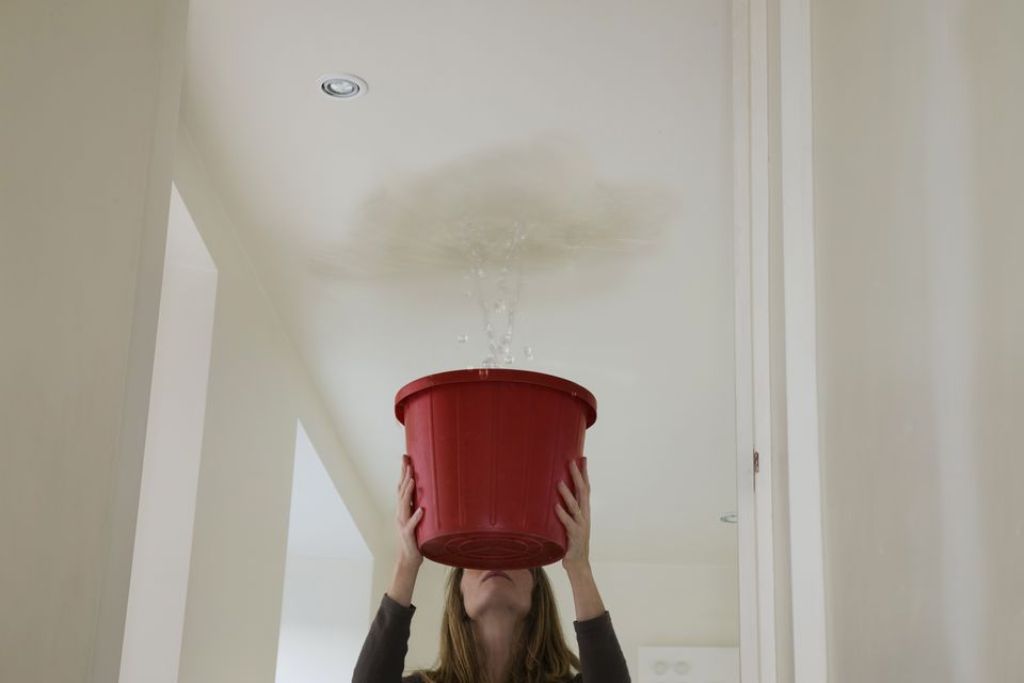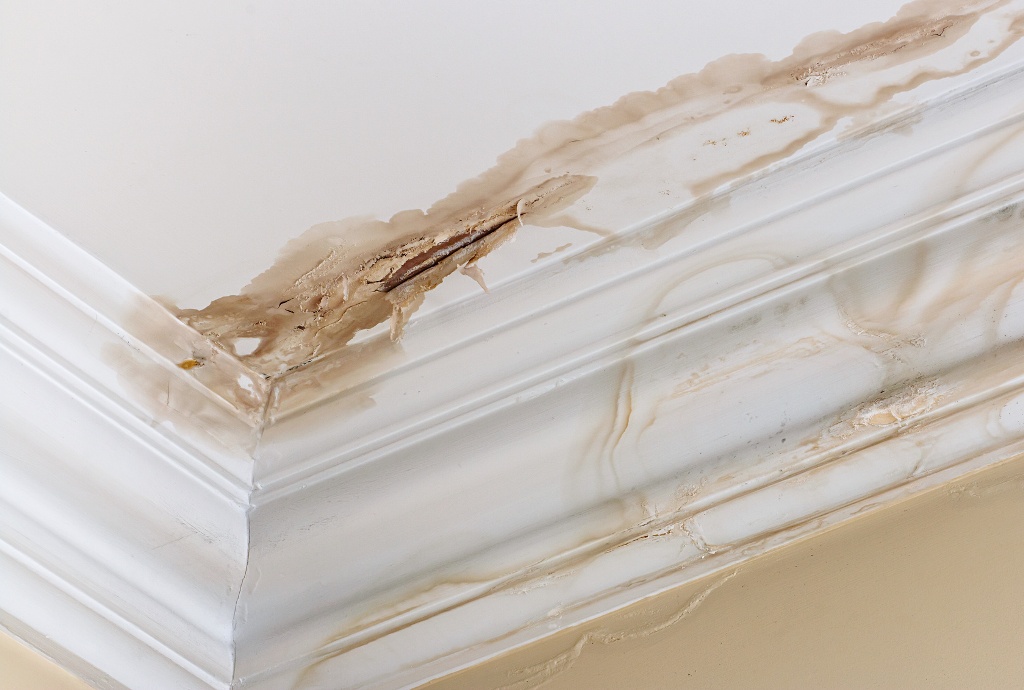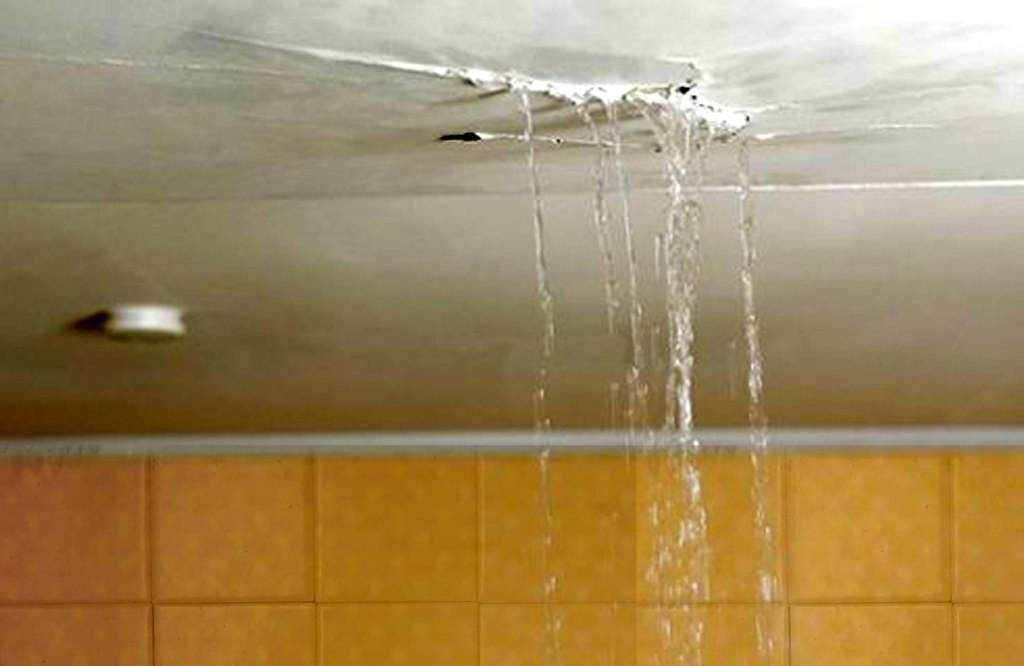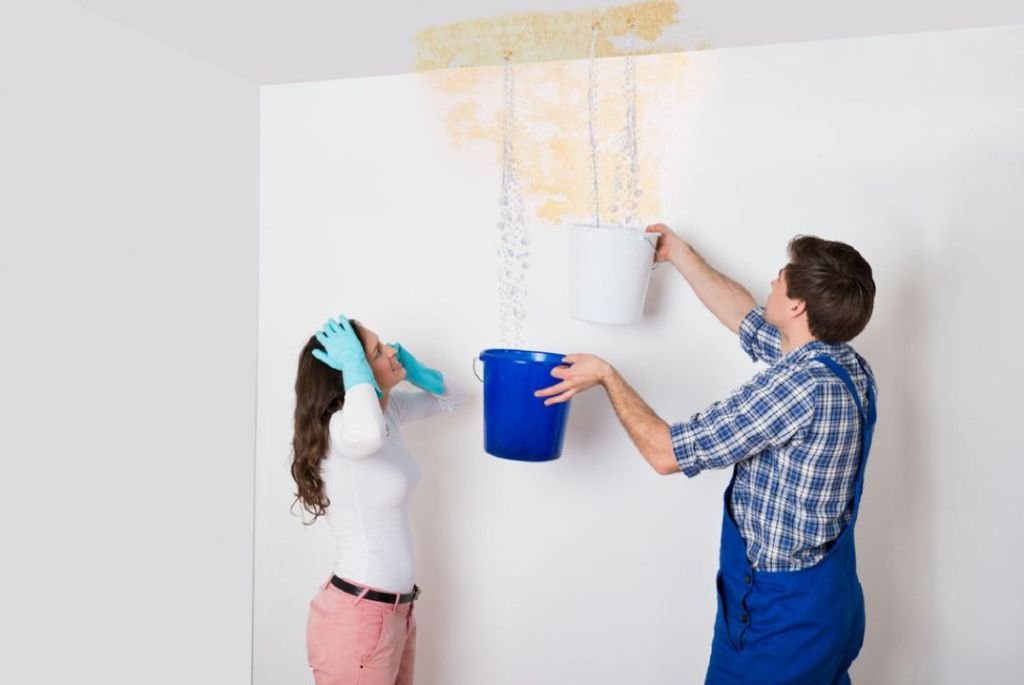When it comes to water leaks in houses, these are the most common culprits of the water damage that you will find throughout your home.
If you find water in your house from an unknown source, it can be easy to hit the panic button. Water damage can be expensive to repair and sometimes hard to find. There are quite a few places within your home where water can leak from. This can make detecting the source of water difficult.
From your roof to your kitchen sink, identifying the source of your water leak is the first step to fixing your problem. Leaks account for 12% of all home water usage. Read on to learn more about the common places you’ll find water leaks in houses as well as how to detect them.
How to Find Water Leaks in Houses
There are dozens of water sources in your home. This can make finding the causes of water leaks difficult, to say the least. Luckily, there are a few common sources that can be easily detectable if you know what to look for.
Most leaks come from inside your home. If you find water on your bathroom or kitchen floor, check your plumbing or fixtures. If you see a damp patch near a radiator, it could be your heating system, for example.
If you see a stain that looks like coffee and it keeps getting darker, this could indicate the water is coming from outside of your home. This could mean a leak from your roof, foundation, walls or windows has dirt in it.
1. How to Find a Water Leak Inside a Wall
Finding water on or near your walls can be an unsettling feeling. If you suspect a leak inside your wall, there a few signs to watch out for.
First, look for standing puddles of water on or near your wall. You may also see discoloration on your walls. Feel your walls for a change in texture as well. It’s important to note any mildew or mold you see as this could be a more serious issue.
Pay attention to any foul or musty smells. You can also put your head on the wall and listen for any dripping sounds. If you see a big spike in water usage on your bill, this could also be a sign.
You’ll want to check inside for defective plumbing if any of these signs are occurring. At this point, you’ll likely want to defer to a professional.
2. Water Heater Leak
Many times a leak in your water heater will come when it’s over the expected life range. If you’re still using the same water heater for over 20 years, you’re likely to see some rust and corrosion. A tank that has deteriorated will cause a slow leak or even a sudden burst.
To detect a leak, keep up with monthly maintenance. To check for a leak, remove the drain pipe. You may hear a hissing sound. Look for a puddle underneath the tank as well.
3. Washing Machine
Washing machines account for a lot of water use in your home. Leaks often arise when a hot or cold water supply hose ruptures. These hoses often fail over continued use as they are made of black rubber polymer.
You can tell if there’s a leak by accessing the tub inlet. To find a leak you can lift the main top and remove the cabinet. Inspect the hose for signs of cracking or other abrasions. You may also see spots on the walls. Mold or mildew can also build up here.
4. Sinks
Sinks are often a source of water leakage. Holes in water supply lines or caulk that has started to disintegrate or wear out can be a common source for leaking water.
If you start to notice a drop in water pressure in your sink, you may have a leak. You may also see the water start to puddle on the floor or cabinet underneath.
5. Bathroom Leak
Leaks in the bathroom will come from four places. You’ll see them from your shower, bathtub, sink, or toilet. Leaks in your shower can sometimes hide behind tiles so those can be harder to detect.
You may see lifting tiles or tiles start to fall off where there is a leak. You will also have lower water pressure in your shower as with your sink if you have a leak. You may also see puddles on the walls or water damage.
When your toilet is leaking it’s usually coming from the flange and wax ring. The water supply tank can also be a source but it’s less likely and also less damaging. When the walls behind your toilet start to moisten, you know there’s a problem.
Always remember to check behind your toilet while you’re cleaning it. You can inspect the pipes and the walls behind your toilet. Check for mold, mildew, and puddles. If you do see a puddle, shut the water off and give the tank a good inspection.
6. Refrigerator or Dishwasher
Anytime your refrigerator has a water supply or ice maker, you have a chance for a leak. In the case of your dishwasher, these leaks can often happen over a long period of time and go unnoticed. This can cause a lot of damage to your floor.
To check for a leak, unplug the appliance. Look behind it for any damage to the walls, puddles or mold.
7. Gutters, Downspouts, Water Leaks From Ceiling
Not all leaks come from inside your house. Water damage can also come from places like your roof, gutters, and downspouts. If your gutters are filled with dirt, debris, and leaves, this can cause an overflow of water. That water can seep into your foundation, walls, or ceiling.
You always want to check that your gutters and downspouts are clear. Remove any debris and make sure they are cleaned regularly. If you suspect a roof leak, call a professional. They are trained to safely inspect your roof and find any damages.
Also, make sure your gutters and downspouts are safely secured. If they aren’t fully connected, you’ll see water leaking and overflow. You want downspouts to move water away from your foundation. This prevents water from seeping into your foundation.
8. Hidden Water Leaks in Houses
A source of hidden water leaks may be from your water pressure. If the water pressure is too high, your pipes will be stressed. It will also stress your fixtures and appliances. You can have a pinhole rupture and this can flood your home.
Inspect pipes for holes or rips. If you turn the water on and hear it blasting out of the pipe with a bang sound, this can be a sign that the pressure is too high.
When to Call a Professional
If you suspect a water leak in your home, always seek professional advice if it’s not something you’re familiar with. Water leaks in houses or apartments can cause a lot of expensive damage.
You may find that a small leak is part of a bigger problem. Save your time and money by preventing further damage and calling a professional as soon as possible. To prevent leaks, be sure to keep up with appliance maintenance, check your water pressure, and regularly clean your gutters and downspouts.
Don’t forget to bookmark our site to never miss any of our latest posts!






















